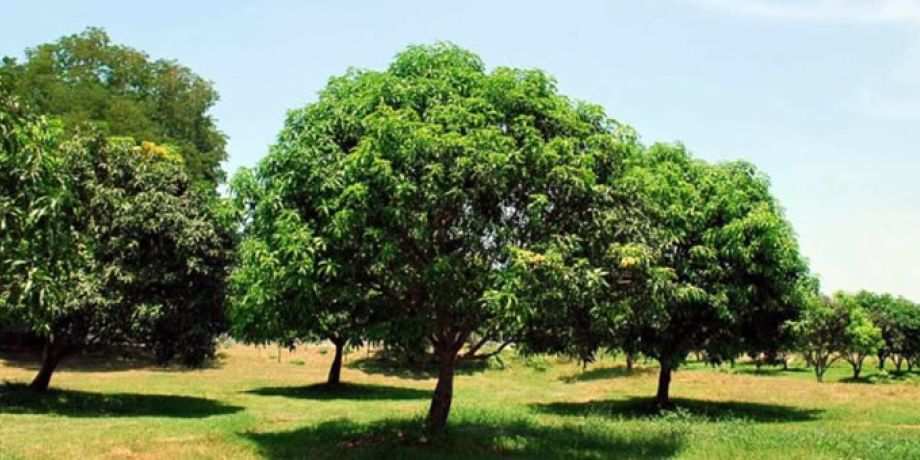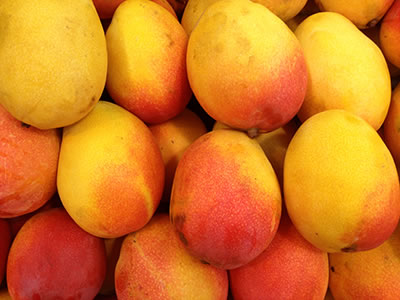
In the dangerous southern island of Mindanao in the Philippine archipelago of more than 7,000 islands, martial law reigns. It is a place forbidden to non-Filipinos by many embassies. It is troubled with social and political unrest. Mindanao is in a state of fear and tension and the economy in decline.
 Nevertheless, Donard Angeles, the Preda Fair Trade staff member who connects with the Preda organized mango farmers in Mindanao and braves the dangers. He directly visits and delivers the fair trade bonus payments to the farmers. He brings school supplies to their children. Mango farmers Juanito and Maria and their three children have used the earnings from selling the mangos at fair prices and the Preda bonus payments to build a strong house after the heavy storms damaged their previous bamboo house.ÿ It is small but strong and will withstand storms and an earthquake.
Nevertheless, Donard Angeles, the Preda Fair Trade staff member who connects with the Preda organized mango farmers in Mindanao and braves the dangers. He directly visits and delivers the fair trade bonus payments to the farmers. He brings school supplies to their children. Mango farmers Juanito and Maria and their three children have used the earnings from selling the mangos at fair prices and the Preda bonus payments to build a strong house after the heavy storms damaged their previous bamboo house.ÿ It is small but strong and will withstand storms and an earthquake.
Antonio harvests from 40 trees. He too is a tenant farmer and gives 30% of what he earns to the land owner. He gets to keep 70% of the fair trade price of the mangos and keeps 100 percent of the dividend. He started a small piggery and sells pork in the local market and does very well for his family. They live in dignity, all thanks to Preda fair trade mangos. Previously, farmers would receive a very low price for their mangos from local traders and were exploited and lived in rural poverty.ÿ
I joined Donard on a visit a few years ago also and saw for myself the social changes brought about by fair trade. Juanito is just one of many farmers he met. Juanito harvests from fifty mango trees every year and prays for a good harvest. But last year, the deadly climate change came and a sudden unexpected thunderstorm wiped the blossoms off the tress. It was devastating for them and like many of the Preda fair trade farmers, they had very few mango fruits.ÿÿ
This year is good. They are harvesting tons of fruit to be made into delicious dried mango. It is all done without pesticides, chemicals or coloring. There is just payment, no child labor and gender balance and respect among the farmers. The women are the business people and enjoy a high status in the community. Frequently they are elected to local councils.
This is part of the fulfillment of the fair trade criteria that Preda is well known for. It is a sharing of the earnings with the producers of the fruit that is sliced and dried at the mango processing facility in Davao City.ÿ Preda Fair Trade is a not-for-profit enterprise. All the earnings go to help the farmers and their children and also a percentage of the earnings is donated to help the victims of the unfair and evil exploitation of the trade in women and children. Preda Foundation fights against human trafficking and the sex trade that exploits children.
ÿEvery commercial trading business is encouraged to practice the criteria of fair trade. Commercial companies don't have to be certified by any fair trade organization to practice the criteria of fair trade. They should always do so by their own practice and implementation of moral principles. They are presumed be an ethically correct business that they are honest traders, fair-minded, concerned for the people and producers and they are not cheating and exploiting the producers.
Sharing the wealth is what makes for a more just and fair world.
Columban Fr. Shay Cullen lives and works in the Philippines.